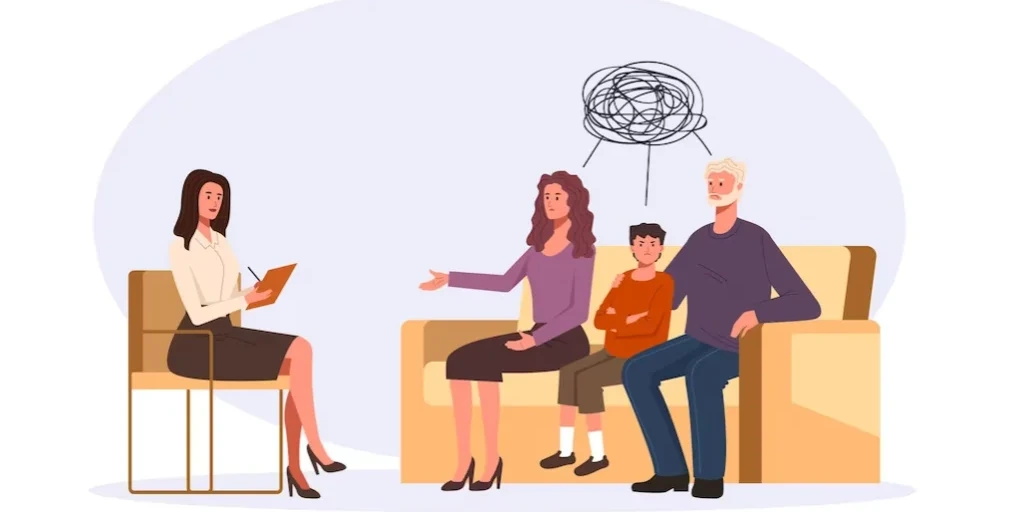24/7 Helpline:
(866) 899-221924/7 Helpline:
(866) 899-2219
Learn more about Codeine Detox centers in West Lebanon
Codeine Detox in Other Cities

Other Insurance Options

Anthem

BlueShield

Premera

Highmark

ComPsych

Group Health Incorporated

CareSource

EmblemHealth

PHCS Network

Health Partners
Beacon

Kaiser Permanente

Coventry Health Care

Aetna

Horizon Healthcare Service

Private insurance

Access to Recovery (ATR) Voucher

MHNNet Behavioral Health

Self-pay options

Cigna
















